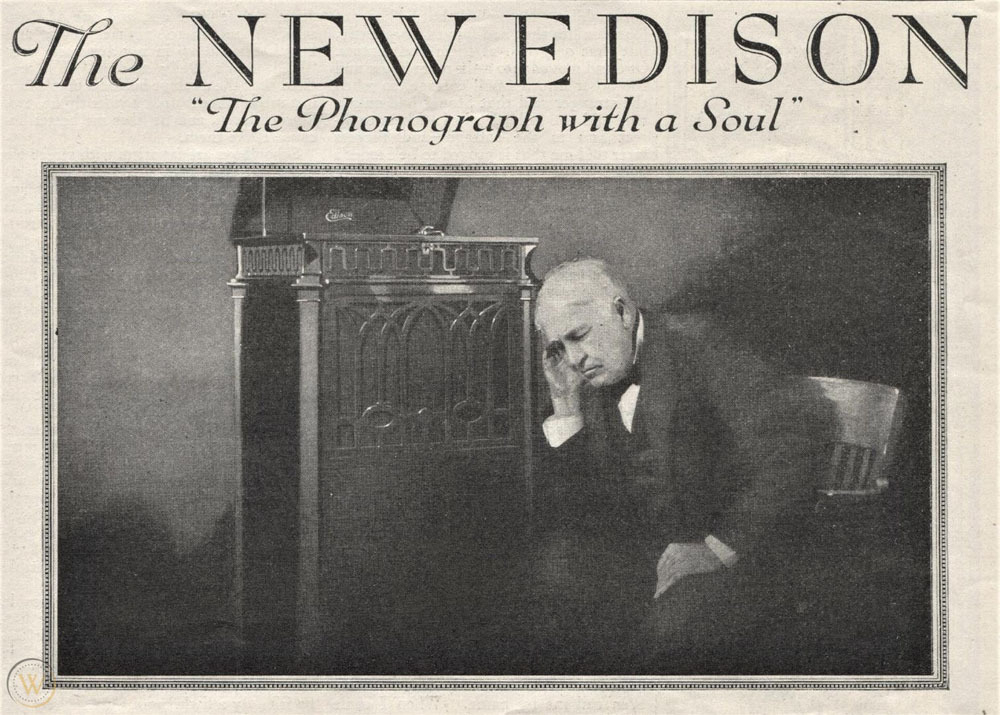Certainly! Let's break down the provided code snippets:
1. What is it and why is it used?
In Mongoose, a schema is a blueprint for defining the structure of documents within a collection. When you define a schema, you can also attach methods to it. These methods become instance methods, meaning they are available on the individual documents (instances) created from that schema.
Instance methods are useful for encapsulating functionality related to a specific document or model instance. They allow you to define custom behavior that can be executed on a specific document. In the given example, the findSimilarTypes method is added to instances of the Animal model, making it easy to find other animals of the same type.
2. Syntax:
Using methods object directly in the schema options:
javascript
const animalSchema = new Schema(
{ name: String, type: String },
{
methods: {
findSimilarTypes(cb) {
return mongoose.model('Animal').find({ type: this.type }, cb);
}
}
}
);
Using methods object directly in the schema:
javascript
animalSchema.methods.findSimilarTypes = function(cb) {
return mongoose.model('Animal').find({ type: this.type }, cb);
};
Using Schema.method() helper:
javascript
animalSchema.method('findSimilarTypes', function(cb) {
return mongoose.model('Animal').find({ type: this.type }, cb);
});
3. Explanation in Simple Words with Examples:
Why it's Used:
Imagine you have a collection of animals in your database, and you want to find other animals of the same type. Instead of writing the same logic repeatedly, you can define a method that can be called on each animal instance to find similar types. This helps in keeping your code DRY (Don't Repeat Yourself) and makes it easier to maintain.
Example:
```javascript
const mongoose = require('mongoose');
const { Schema } = mongoose;
// Define a schema with a custom instance method
const animalSchema = new Schema({
name: String,
type: String
});
// Add a custom instance method to find similar types
animalSchema.methods.findSimilarTypes = function(cb) {
return mongoose.model('Animal').find({ type: this.type }, cb);
};
// Create the Animal model using the schema
const Animal = mongoose.model('Animal', animalSchema);
// Create an instance of Animal
const dog = new Animal({ type: 'dog', name: 'Buddy' });
// Use the custom method to find similar types
dog.findSimilarTypes((err, similarAnimals) => {
console.log(similarAnimals);
});
```
In this example, findSimilarTypes is a custom instance method added to the Animal schema. When you create an instance of the Animal model (e.g., a dog), you can then call findSimilarTypes on that instance to find other animals with the same type. The method uses the this.type property, which refers to the type of the current animal instance. This allows you to easily reuse the logic for finding similar types across different instances of the Animal model.
